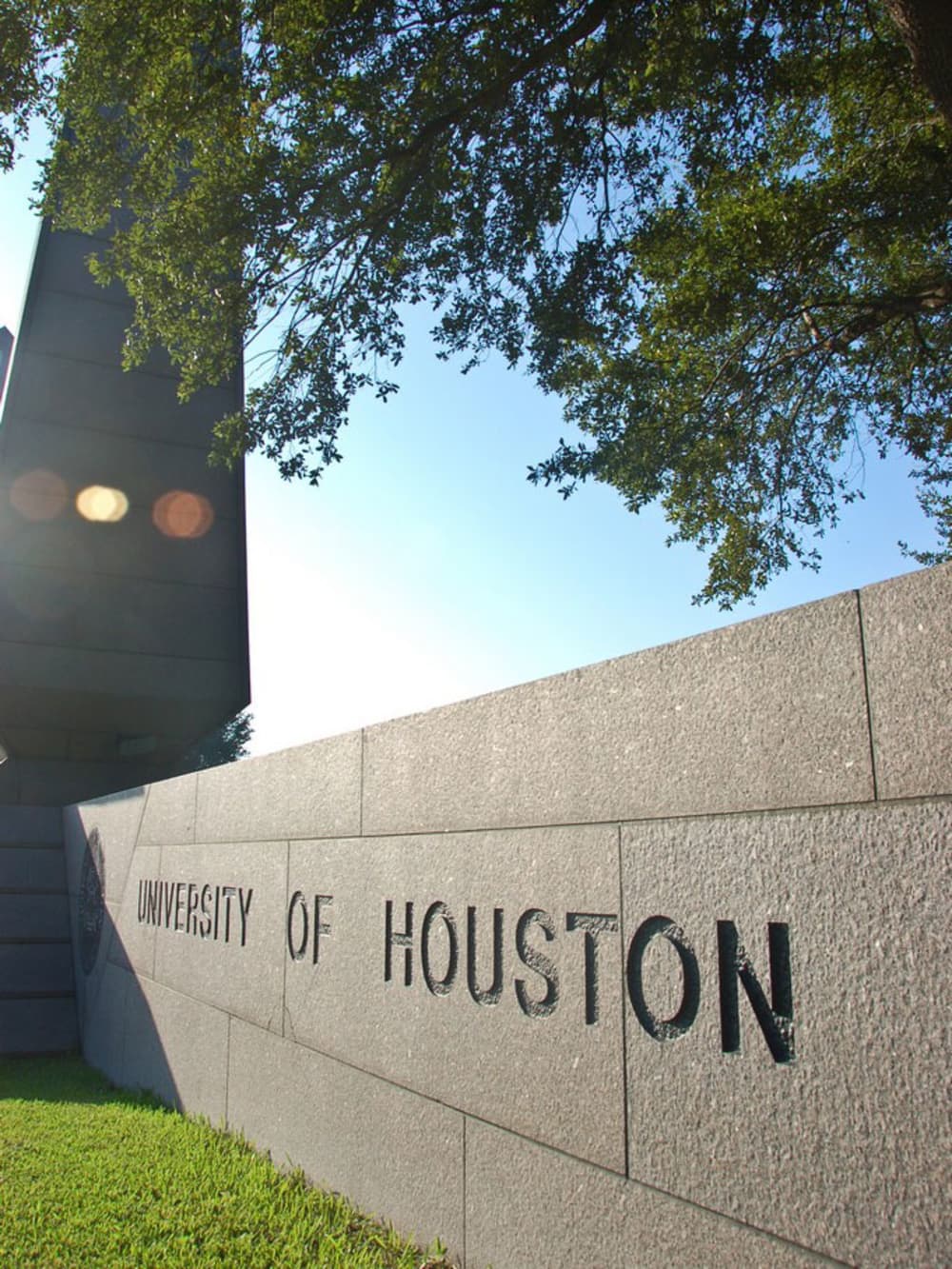Aiming for a Triple Crown
With one Tier One victory, UH officials mark progress made and future goals


 University of Houston
University of Houston
For the University of Houston, the path to becoming a recognized Tier One university started years ago — and it hasn't ended with a top tier placement from the Carnegie Foundation for the Advancement of Teaching.
"It's incredible, we worked on that for over a decade and frankly were just pleased beyond words," said Welcome Wilson Sr., chairman of UH's "Drive to Tier One" initiative. "But it's more of a journey than a destination. Being designated by Carnegie is a huge achievement but there is still work to do."
Wilson says that the main goal is getting Tier One status recognition from the state of Texas, a goal that he predicts UH could reach by the start of the 2011-2012 school year.
The Texas legislature passed legislation in 2009 to authorize a transfer of dormant higher education funds of $500 million to benefit seven emerging Tier One universities in Texas. To qualify the schools must meet five of seven criteria determined by the legislature, including an endowment greater than $400 million, annual restricted research expenditures of more than $45 million, awarding over 200 doctoral degrees for at least two years, and membership in the Association of Research Libraries or housing a chapter of Phi Beta Kappa, and specific goals of achievement for freshman, faculty and graduate students as determined by the Texas Higher Education Coordinating Board during the current legislative session.
Of the seven eligible "emerging tier one" universities (UH, Texas Tech, UT-Dallas, UT-Arlington, UT-El Paso, University of North Texas and UT-San Antonio), UH has already surpassed the standards for endowment, research expenditures, doctoral degrees and membership in the ARL.
"It's like we have won the Kentucky Derby and are going for the Triple Crown," says Wilson.
"I was so, so excited," says UH Board of Regents chair Carol Robertson Ray of the Carnegie report. "We were surprised it happened so quickly, quicker than we hoped originally. It shows so much progress, I think it's showing proof that we can do this and are on the right track. To have been placed along with other three top-tier-ranked schools in Texas, to be acknowledged to be at that level of research excellence is very gratifying," says Ray.
Both Wilson and Ray give major credit to UH president and chancellor Renu Khator for implementing the changes to get the University of Houston to this place.
"Until she arrived I didn't clearly understand all the ramifications and what it took to get there," says Wilson. "She's a guiding light in moving towards Tier One. Our annual research expenditures have increased 34 percent in two years, graduation rates are up, members of the National Academy of Science on faculty increased 35 percent. We had a goal of seven years to get tier one designation and we made it in four."
"[Chancellor] Renu [Khator] came to Houston and said, 'You guys aren't taking yourselves seriously enough,'" says Ray. "We had a lot of elements there, we had to put them together in a way that made them fit. She, coming in from outside, was able to see things that we were ignoring about ourselves. Her presence as an internationally known leader helped attract attention and incredible researchers, who looked a little deeper and saw that they could achieve their own goals here."
University of Houston officials also stressed how beneficial the Tier One status can be to the community.
"It means so much for the city of Houston because the research dollars roll through the community," says Wilson. "At [the Massachusetts Institute of Technology] for example, more than 4,000 companies have been created as a result of university research, employing 1.1 million people in the area and bringing in $232 billion in sales."
Though the Carnegie Foundation ranking has caused as stir of excitement, there are still obstacles before UH can receive state funds as an emerging Tier One program.
"One area we need to move up more in the statistics is student success — graduation rates, being able to help students pick the right majors and achieve their educational goals within a six year period. Those are efforts in which we are beginning to see results," says Ray.
Of course much also depends on decisions made by the state legislators when it comes to public university budgets, with the state facing a $24 billion budget shortfall.
"Our designation by the state of Texas is one of biggest priorities, says Ray. "Support of higher education in Texas is important. We understand the need to have a balanced budget, but we need to support the goals and efforts of students. To be able to access funding will allow us to attract more of the best and the brightest, and the economy will benefit because of the work happening here."
